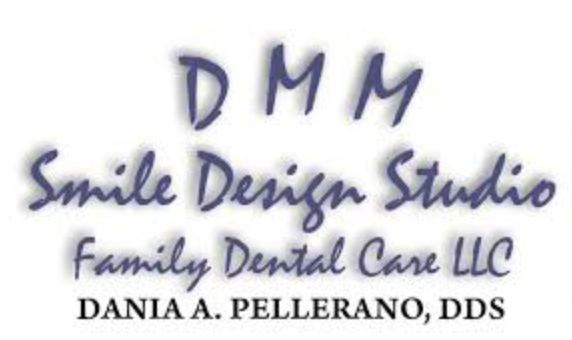
BLOG

A Complete Guide: What to Expect on Your Routine Dental Examination
Welcome to our comprehensive guide on routine dental examinations! Taking care of your oral health is crucial for maintaining a bright smile and preventing any potential dental issues in the future. Regular dental exams play a vital role in keeping your teeth and gums healthy, ensuring that you can confidently show off those pearly whites. In this blog post, we will walk you through what to expect during a routine dental examination so you can approach your next appointment with ease and peace of mind. So sit back, relax, and let's dive into the world of dental check-ups!
Importance of Regular Dental Exams
Regular dental exams are not just a formality; they are essential for maintaining optimal oral health. These routine check-ups allow your dentist to assess the overall condition of your teeth and gums, ensuring any potential issues are caught early on. Prevention is key when it comes to dental problems, and regular exams help identify signs of tooth decay, gum disease, or other concerns before they escalate into more significant and costly procedures.
During these exams, your dentist will thoroughly examine your mouth, checking for cavities, plaque buildup, or any abnormalities. They may also take X-rays to get a closer look at what's happening beneath the surface. This helps in detecting hidden issues that may not be visible during a visual examination alone.
Another crucial aspect of regular dental exams is professional cleaning. Even with meticulous brushing and flossing at home, some areas can still be missed or neglected. Professional cleaning removes stubborn plaque and tartar buildup that can lead to gum disease if left untreated.
Moreover, routine dental exams offer an opportunity for education and guidance on proper oral hygiene practices tailored specifically to you. Your dentist can provide personalized recommendations on brushing techniques and flossing methods and even suggest changes in diet or lifestyle habits that may impact your oral health positively.
By committing to regular dental examinations every six months (or as recommended by your dentist), you prioritize preventive care over-reactive treatments down the line. Taking proactive steps towards maintaining good oral health ensures healthier teeth and gums while potentially saving you from discomfort and hefty dental bills in the future.
What Happens During a Routine Dental Exam?
During a routine dental exam, you can expect a thorough evaluation of your oral health. The dentist will start by reviewing your medical history and discussing any concerns or symptoms you may have. This is important because certain medical conditions and medications can affect your dental health. Next, the dentist or dental hygienist will perform a comprehensive examination of your teeth and gums. They will check for signs of tooth decay, gum disease, and other oral problems. This may involve using special tools like a mirror and probe to inspect each tooth individually. After examining your teeth, the dentist may take X-rays to get a closer look at areas that cannot be seen with the naked eye. X-rays help identify issues such as cavities between teeth or underneath fillings. Once the examination is complete, the dentist will discuss their findings with you and develop an appropriate treatment plan if necessary. They may recommend procedures such as fillings, cleanings, or further diagnostic tests based on their assessment.
In addition to checking for oral diseases, routine dental exams also include professional cleaning. A dental hygienist will remove plaque and tartar buildup from your teeth using specialized instruments. They will then polish your teeth to remove surface stains and give them a smooth finish.
Routine dental exams are essential for maintaining good oral health. By detecting potential problems early on through regular examinations, you can prevent more serious issues down the line!
Conclusion
Regular dental exams are an essential part of maintaining good oral health. By visiting your dentist for routine check-ups, you can prevent dental problems before they become major issues. These examinations allow the dentist to detect any early signs of tooth decay, gum disease, or other oral health issues.
During a routine dental exam, several procedures and assessments will take place. The dentist will examine your teeth and gums thoroughly, checking for any signs of cavities or gum disease. X-rays may be taken to get a more comprehensive view of your teeth and jawbone structure. Additionally, the dentist may perform a professional cleaning to remove plaque and tartar buildup.
It is crucial to remember that each dental examination is unique and tailored specifically to your needs. Your dentist will address any concerns you have about your oral health and provide personalized recommendations for maintaining healthy teeth and gums.
Scheduling regular dental exams should be a priority in everyone's oral hygiene routine. It not only helps prevent potential problems but also ensures that existing issues are identified at their earliest stages when treatment options are less invasive and more affordable.
So don't wait until you experience pain or discomfort; make an appointment with our dentist today! Taking care of your smile starts with proactive steps towards preventive dentistry – starting with regular dental examinations!
Office Hours
MON - THU8:00 am - 5:00 pm
FRI - SUNClosed






comments